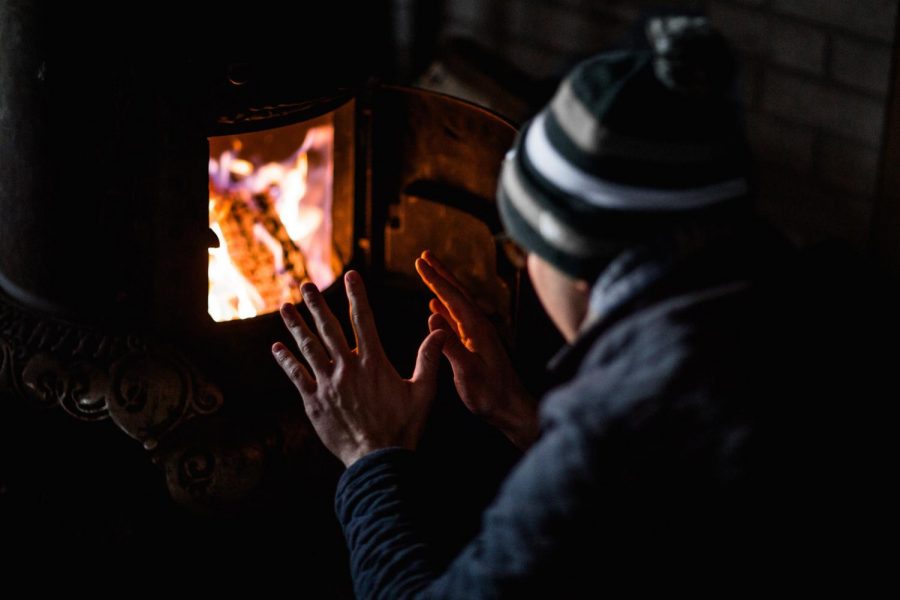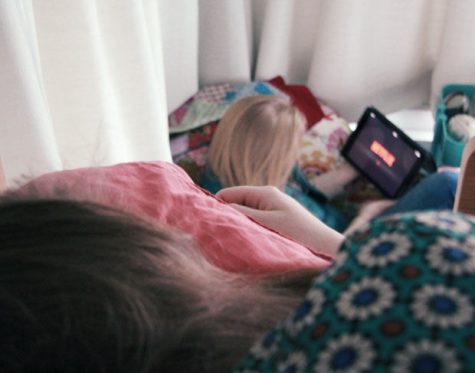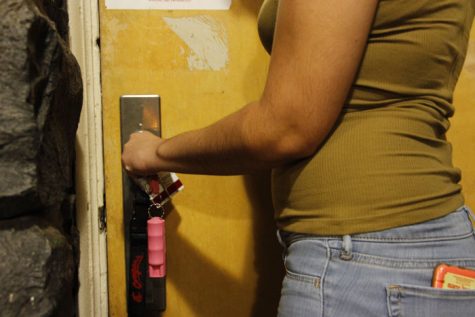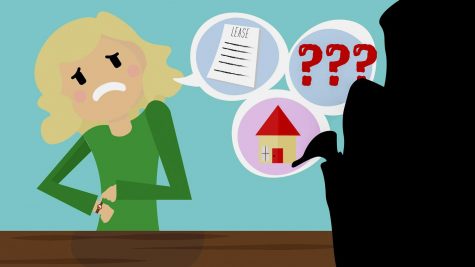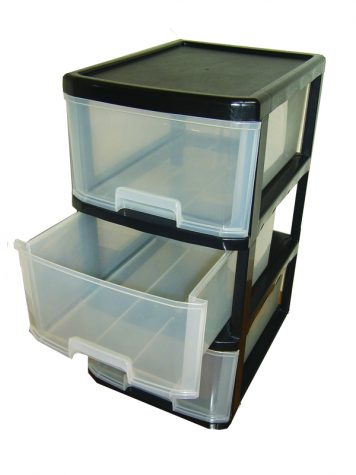Keep your place warm on a budget
When the temperature drops and the heating bill rises, save money by wearing socks or cuddling
Heated blankets, standing heaters and layering clothing keep you warm without running up the electricity bill.
January 25, 2018
Students at WSU are on a tight budget with winter returning, and staying warm could lead to huge electricity bills.
I grew up in the Central Valley of California and never experienced a “true winter” until I moved to Pullman. When the temperature dropped and the snow started to fall, I quickly learned how to keep my apartment warm without having an unreasonable electricity bill.
My apartment is typically around 60 degrees and sometimes in the mid-50s. For someone who has never experienced this, I found my own way to stay warm.
I am a strong believer in heated blankets. They work great for warming up your bed, right before you go to sleep. For those who like to cuddle, but lack a cuddle buddy, a heated blanket works perfect while keeping you warm.
Another trick I have learned is to wear lots of clothing layers and thick, fuzzy socks. I live on the bottom floor at my apartment, and as we know heat rises, my feet become icicles without socks. Once my feet get cold, it literally takes me hours to warm up again.
If you get cold while you sleep at night, like I do, switching to flannel sheets and adding thick blankets will help you stay warm and sleep tight. Flannel sheets trap the heat, keeping you warm throughout the night.
When I come home after a long day in the cold, all I want to do is warm up. I learned when taking hot showers to leave the bathroom door open and turn off the fan. The humidity from your shower will warm up your room.
I find having curtains on all the windows in my apartment helps with keeping the cold air out. If you have air leaks in your windows, make sure to insulate them.
According to the U.S. Department of Energy, sealing uncontrolled air leaks can save 10 – 20 percent on heating and cooling bills.
Air leaks are not just confined to windows, but also occur around walls, doors, ceilings, lighting and plumbing fixtures, switches and electrical outlets. If leaks are found, simply apply caulk and weather-stripping, according to the DOE’s recommendations.
Monitoring your room temperature is important. I turn my thermostat on for only a few hours at a time, keeping it under 68 degrees to control costs.
Avista recommends lowering the thermostat five degrees at night, and when leaving home for more than an hour.
If you do decide to run your heat, do not forget to turn it off when you are on vacation.
“Last winter, my roommate and I forgot to turn off our heater during winter break,” said junior elementary education major Shannon Iverson. “Each of us came back with a $70 electricity bill. Instead of using my apartment heater this year, I bought a small standing heater, which keeps me warm without running up my electricity bill.”
You can control your electricity bill by following some of these simple tips. If you are struggling to stay warm, buy some fuzzy socks and a heated blanket and layer up.

